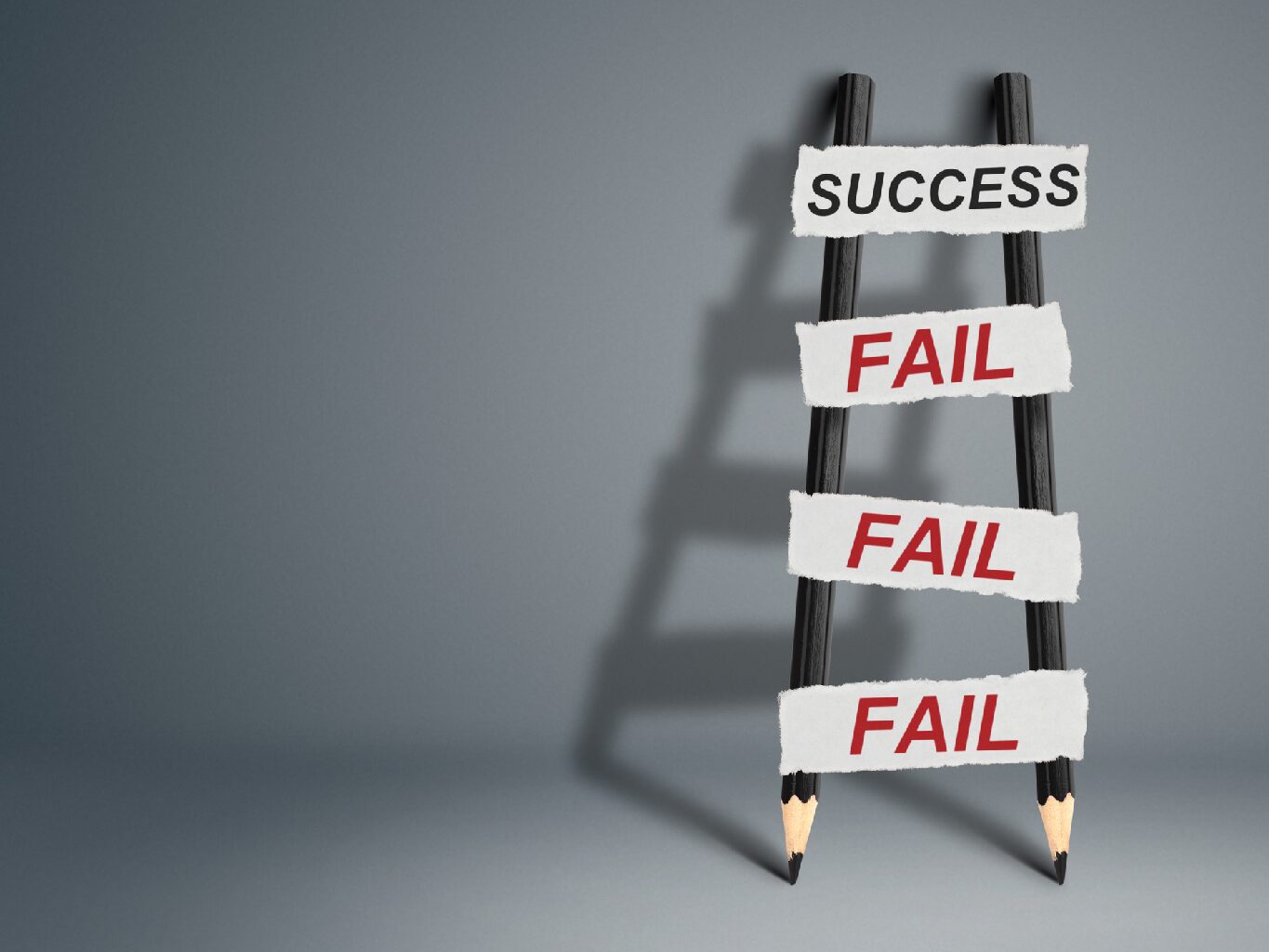TIME TO TURN FAILURE INTO SUCCESS.
Hands up who wants to fail?
No-one? Of course not. It’s nasty when it happens. But without failure, there’s no success. Because if we didn’t dare to fail, that means we’re not stretching ourselves. We’re staying firmly in our comfort zone. No failure. But often that doesn’t lead to much success, either.
Let’s unpack this a bit more.

Ah, failure. That dreaded F-word that sends shivers down our spines and leaves us feeling defeated and discouraged. But why do we react so strongly to failure? Well, it turns out that there's some pretty interesting psychology behind it.
First off, failure often triggers our fight or flight response, which is a survival mechanism designed to protect us from danger. When we fail, our brains perceive it as a threat to our well-being, and so our bodies respond accordingly. This can manifest as feelings of anxiety, fear, and even physical symptoms like sweating or heart palpitations.
But there's more to it than just the fight or flight response. Failure also tends to activate our inner critic, that little voice inside our heads that tells us we're not good enough, that we should have done better, and that we're a failure. This can be incredibly damaging to our self-esteem and can lead to feelings of shame, guilt, and even depression.
So, what can we do about it?
Well, the first step is to recognize that failure is a natural part of the learning process. It's not a reflection of our worth as a person, and it doesn't mean we're doomed to fail forever.
In fact, some of the most successful people in history have experienced failure numerous times before finally achieving their goals. Here are some who had to overcome adverse circumstances and failure before they became successful: Maya Angelou, Oprah Winfrey, Zhou Qunfei, Michael Jordan.

Okay, so now that we know a little bit about the psychology behind failure, let's talk about how to turn it into success. Believe it or not, failure can actually be a valuable learning opportunity if we approach it in the right way.
One of the key things we should remember is to focus on the process, not just the outcome. Instead of beating ourselves up over a failure, we should ask ourselves what we can learn from it. What went wrong? What could we have done differently? How can we apply those lessons to future endeavours? Answering these questions can prevent us from making the same mistake twice.
Another important strategy is to reframe our thinking around failure. Instead of seeing it as a negative thing, we could try to view it as a stepping-stone on the path to success. Every failure brings us one step closer to achieving our goals, as long as we’re willing to learn from it and keep moving forward.
And finally, let’s not be afraid to ask for help. Sometimes, we get so caught up in our own heads that we can't see the way forward. But there's no shame in seeking out the advice and support of others who have been there before. They can offer valuable insights and help us see things from a different perspective. And let’s not get anxious that they’re going to think any the less of us because we’re asking for help. Most people feel honoured to be asked, and are more than willing to support us. We just need to reach out and ask.

Okay, so now that we know how to turn failure into success, let's talk about how to talk ourselves up in the face of adversity. It's easy to blame ourselves when things aren't going well, but with a little bit of practice, we can learn to be our own biggest cheerleaders.
One strategy is to practice positive self-talk. This means replacing negative, self-defeating thoughts with positive, affirming ones. For example, instead of saying "I can't do this," try saying "I may not be able to do this right now, but I'm capable of learning and growing."
Another helpful tip is to focus on our strengths. We all have things that we're good at, even if we don't always recognize them. We should put time aside to make a list of our strengths and accomplishments, and refer back to it when we need a confidence boost.
And finally, let’s not forget to celebrate our successes, no matter how small they may be. Recognizing and acknowledging our achievements can go a long way in building our confidence and resilience.

We've talked about the psychology behind failure, how to turn it into success, and how to talk ourselves up in the face of adversity. But there's one more piece of the puzzle that's essential to our ability to bounce back from failure: personal development and ongoing learning.
When we're focused on personal development and learning, we're constantly pushing ourselves to grow and improve. We're not just resting on our laurels or relying on past successes to carry us through. Instead, we're actively seeking out new challenges and opportunities to learn and grow.
And when we inevitably encounter failure along the way, we're better equipped to handle it. We have a growth mindset, which means that we see failure as an opportunity to learn and improve, rather than a reflection of our abilities or worth as a person.
So, what are some ways that we can work on personal development and ongoing learning?
Here are a few ideas:

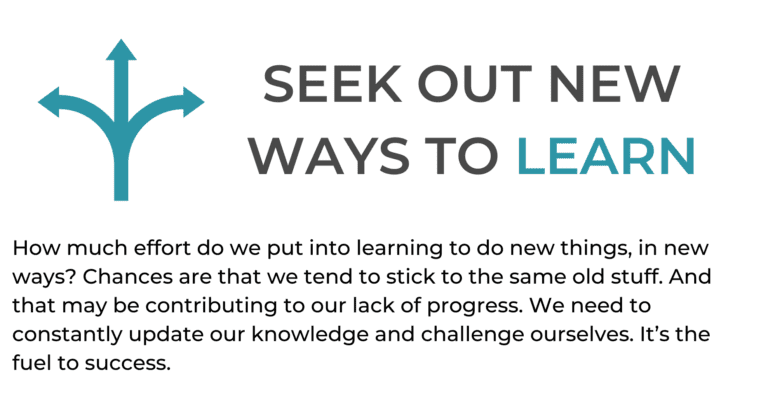
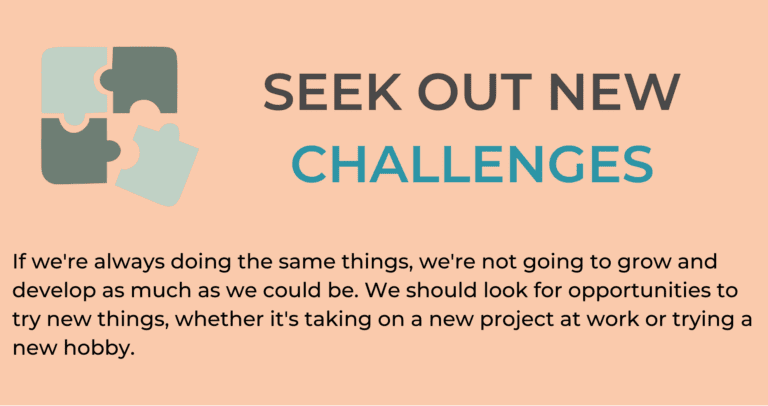
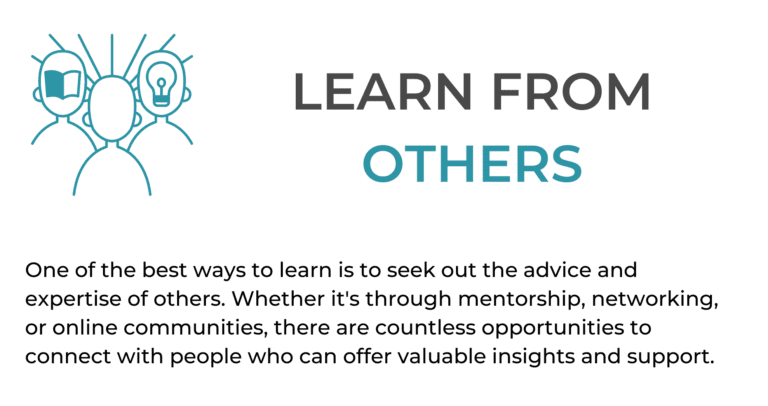
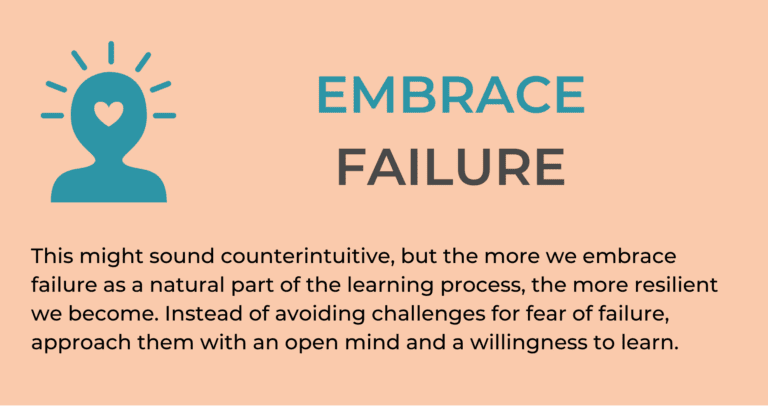
In conclusion
Turning failure into success is all about mindset and approach.
By recognizing that failure is a natural part of the learning process, focusing on the process rather than just the outcome, talking ourselves up in the face of adversity, and prioritizing personal development and ongoing learning, we can become more resilient and better equipped to handle whatever challenges come our way.
So go forth and fail, my friends – it's all part of the journey to success!

